Chapter 1
Our Man
1974
In a castle by the sea in Accra, our man was telling his story.
Outside, the sky was so bright it was almost white. In the shallows next to the castle, the waves were pale gray with white caps. Farther out to sea, they turned a shimmering blue. Huge fishing canoes rocked gently, close to shore. On the horizon, container ships lined up, waiting to dock. The air smelled of salt and smoke and brine. The castle – Osu Castle – was cut off from the rest of Accra by palm trees and checkpoints. It was a maze of archways and staircases and parapets, patched together over four centuries. Some of its walls were brightly whitewashed. Others were gray concrete, slick with algae. Ancient cannons and soldiers with assault rifles lined the castle’s walls. Even without stepping into its underground dungeons, you could tell that unspeakable things had happened here. In a heavily guarded room at the heart of the castle, a haze hung in the air as our man began.
The history of Ghana, he said, had a secret chapter. Kwame Nkrumah, the country’s first president, had revealed it on his deathbed in 1972.
Over his years in power, President Nkrumah had hidden away millions of dollars in cash and gold. At that very moment, tens of thousands of gold bars were sitting in vaults in Switzerland. But Nkrumah was not a thief. He was a visionary. He hid the gold to make sure it did not fall into the wrong hands. And he ensured that, when the time was right, it would be handed back to Ghanaians. The money would be used to transform the nation. It would give every Ghanaian their birthright.
Nkrumah had known that he could lose power at any moment. Toward the end of his time in office, it was hard to keep track of the plots to overthrow him: Ghanaian plots, British plots, and American plots. There had been countless assassination attempts. So Nkrumah made a plan to ensure that Ghana’s enemies could not steal the nation’s wealth. Slowly, carefully, using a network of confidants, he moved some of Ghana’s gold reserves abroad.
Once he had gotten the gold out, Nkrumah placed it under the control of a trust: the Oman Ghana Trust Fund.
Years later, Nkrumah was dying of cancer. His former friends and allies had abandoned him. There was only one man left in the world he could count on: our man, Dr. John Ackah Blay-Miezah. Blay-Miezah and Nkrumah were like father and son. Nkrumah knew he could rely on Blay-Miezah to do what was best for Ghana. So he put Blay-Miezah in charge of the Trust Fund.
Now, two years after Nkrumah’s death, Blay-Miezah was ready to fulfill the president’s dying wish. He could bring eighty-six million dollars of the gold home to Ghana immediately. And that was just the beginning. As soon as he had satisfied the conditions of Nkrumah’s trust, Blay-Miezah, with the help of his foreign associates, could bring the rest of the money home. And Ghana’s future would be golden.
Imagine it, Blay-Miezah said. Every Ghanaian “has a good home to live in, and good pipe-borne water to drink. He has good electricity. He has a good clinic or hospital to attend. He has a good school to educate the children.
Good textbooks. Good roads. New cars. New industry. Heavy employment.” Blay-Miezah knew that people would say he was a fantasist or a con man. “Some people are just trying to stop what is real. Please, let us open our eyes,” Blay-Miezah said, “so this country does not lose this beautiful chance. So this country does not lose this wonderful chance.”
***
In the castle, our man, Dr. John Ackah Blay-Miezah, sat back, his story at an end. From the other side of a huge desk, Ghana’s head of state, Colonel Ignatius Kutu Acheampong, took the measure of his visitor. Blay-Miezah looked good. He wore polished loafers and a crisp white leisure suit. It had been pressed, and it was spotless. He had a boyishly charming face and sat ramrod straight, like he had been in the army. He was shaved and showered and fresh.
Blay-Miezah’s story sounded absurd. But Ghana was broke. A couple of years earlier, Colonel Acheampong had quietly staged a coup d’état. At the time, he had been commander of the country’s First Infantry Brigade. It was Ghana’s second successful coup, the first being the one that toppled President Nkrumah. It would not be the last.
One of the colonel’s first acts as self-appointed head of the new military government had been to announce that the country would not pay off many of its debts. Ghana was spending more money servicing its loans than on anything else, and the economy was in trouble. There were food shortages, and people were suffering. Acheampong announced that if a loan had come with kickbacks to politicians, he would not be paying it. “We have told those who had helped to tie the massive foreign debt like a noose around our necks: “Yentua eka hunu.? We won’t pay any bad debts.” Genuine debts, the colonel said, would be honored when Ghana was in a position to do so.
The approach had worked for a couple of years, but by 1974, the economy had slowed again. So when Blay-Miezah sat down in his office, Colonel Acheampong was happy to give him a hearing. Blay-Miezah’s millions would fill Acheampong’s coffers again. He might actually be able to restart all the factories that had been mothballed since the first coup d’état. With that kind of money, Acheampong could make Ghana the envy of the world. He told Blay-Miezah that if the money existed, he should bring it home. For the time being, though, he had to keep its origins quiet.
It was a deal. There were, Blay-Miezah said, just two more things he needed from the colonel. He needed a diplomatic passport. Also, he would be very grateful if Acheampong would let him out of jail.
Blay-Miezah was, at the time, a resident at Usher Fort, the most notorious prison in Accra. He had been charged with fraud, escaped police custody, then had been locked up again. Outside Acheampong’s office, guards were waiting to escort him back to jail.
Blay-Miezah walked out a free man.
Within days, stories about the mysterious fortune were all over the newspapers. The eighty-six million dollars was the talk of Accra parties. Everyone was trying to work out where the money had come from, whether it actually existed, and, if it did, when they would get their cut.
***
Osu Castle and Usher Fort were in the oldest part of Accra, along the shoreline of the Gulf of Guinea. Surrounding them were ancient family compound houses, and palaces arranged around two lagoons, the Korle and the Klottey. Nearby, slapped-together colonial-era buildings moldered in the sea air. The modern metropolis of Accra grew up in concentric circles around the old city.
There were sprawling, whitewashed bungalows in planned communities, built for middle-class families and their rosebushes. And there were the soaring, modernist structures that the Nkrumah government constructed in the 1950s and 1960s: government offices, lavish hotels, and factories that had been shut for years. People would look up at these crumbling edifices and get a feeling, like a punch to the gut, that something had gone horribly wrong.
There was an air of decadence everywhere in Accra. Dancing girls with names like Sexy Pepsi Yana (who was “back from Britain with lots of soph-istry,” one ad proclaimed) performed at legendary nightclubs inside state-owned hotels. There were brightly lit casinos serving lobster, where the champagne flowed even when the electricity did not.
Soon after his meeting with Colonel Acheampong, Blay-Miezah was sitting by the pools at Accra’s grandest hotels. He was the guest of honor wherever he went. After all, rumor had it, he was Ghana’s richest man.
Foreign diplomats, particularly the Americans, were baffled by Blay-Miezah. At the time, the American ambassador to Ghana was Shirley Temple Black, the former child star. Her controversial appointment had been greeted with a mixture of amusement and resignation. She did, however, know more about Africa than the secretary of state, Henry Kissinger. In a meeting at the State Department, when Kissinger got confused about what or where Namibia was, Temple Black pointed it out to him on a map.
Temple Black watched Blay-Miezah with intense interest. A series of Americans had begun to show up at her embassy, often unannounced, claiming to be Blay-Miezah’s American business partners and demanding meetings with the ambassador. Confidential diplomatic cables flew back and forth between her embassy and Washington all year.
“Those who believe Blay-Miezah a fraud,” she wrote in a cable to Kissinger, “are worried he might just have the money and then they would look extremely foolish.”
***
Ghanaians love their con men. It’s the national sport. There’s an appreciation for the con, for the sweetener, for getting one over on someone, for kalabule. There have been government crusades against kalabule. One military leader killed people accused of it. But Ghanaians delight in the kind of man who can talk himself out of a bind or into a fortune. (Less so when a woman does it.) In hard times, all you have is your wit, and Ghana has seen a lot of hard times.
When Ghanaian children are young, their parents often tell them stories about Anansi. Sometimes a man and sometimes a spider, Anansi is a trickster. He is wise, but also greedy and lazy. He uses stories to deceive, or cheat, or steal from someone bigger or stronger than him.
As the legends have it, Anansi knew the power of stories – and his stories were so good, they changed the world. If he told a story about a mountain, the next morning people would look outside and see the mountain. If he told a story about some hidden treasure, people would dive to the bottom of the sea in search of it. If he told a story about being a king, people would bring him a crown.
Anansi’s stories made people feel special: like they knew a great secret or were part of an amazing adventure. Sometimes he got away with his cons. More often, he got greedy. And because, in Ghana, Anansi stories are used to teach children not to be like Anansi, he would often fall into one of his own traps. There would be consequences, and Anansi would be humiliated. But after that, Anansi’s stories wouldn’t go away. The mountain would still be there. People would keep searching for the treasure. Anansi would still be remembered as a king.
John Ackah Blay-Miezah was Anansi. His story of Nkrumah’s secret fortune rewrote Ghana’s history and made him fabulously rich. Then it destroyed him. But the story outlived Blay-Miezah. Decades after his death, people are still telling his story and are still hunting for Nkrumah’s gold.
***
Read full excerpt here: Google Books
Buy Anansi’s Gold here: Amazon | Bloomsbury | Bookshop (UK)
Excerpt from ANANSI’S GOLD: THE MAN WHO LOOTED THE WEST, OUTFOXED WASHINGTON, AND SWINDLED THE WORLD published by Bloomsbury Publishing. Copyright © 2023 by Yepoka Yeebo.


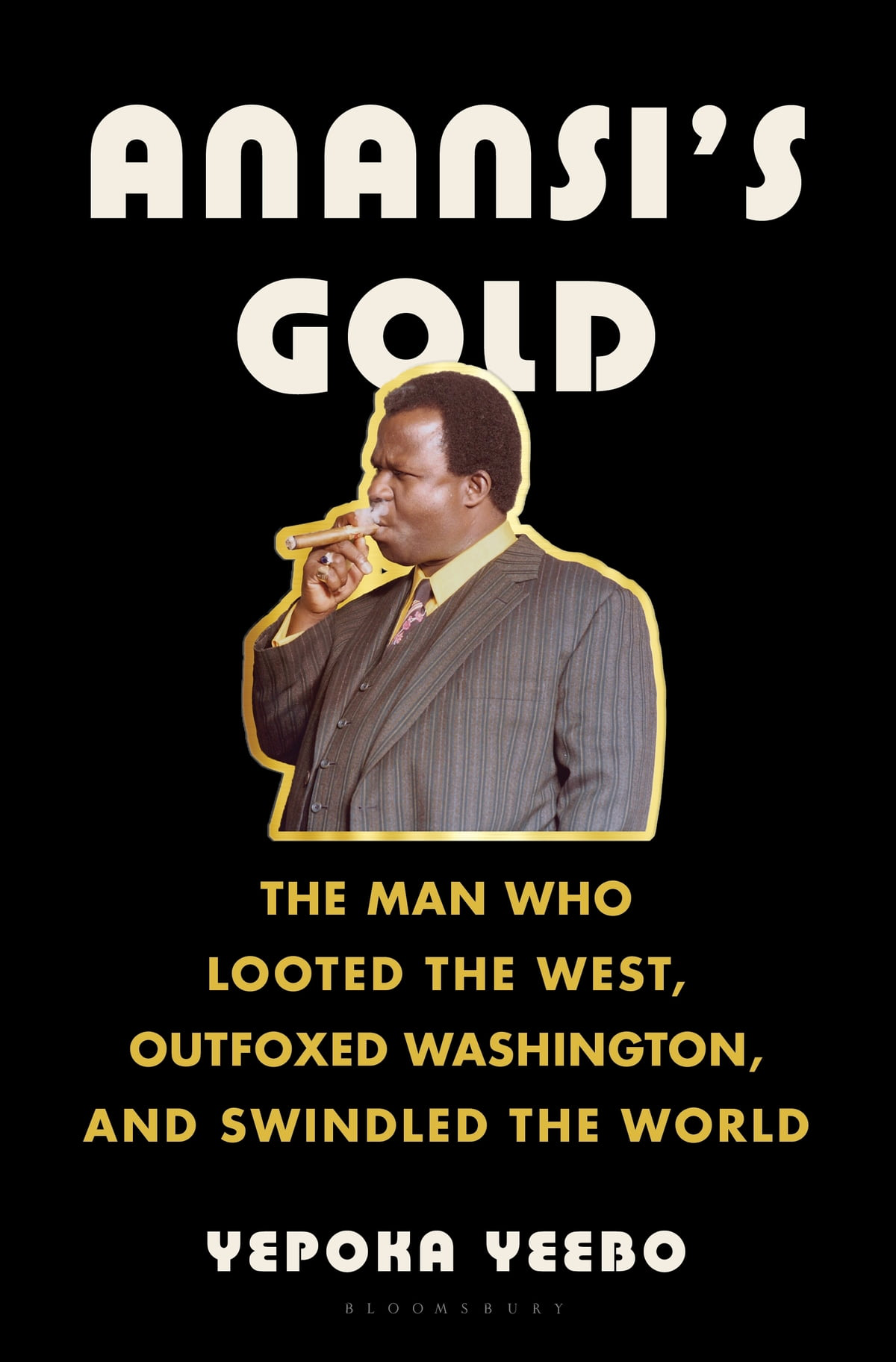
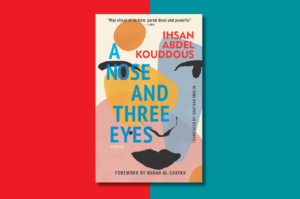
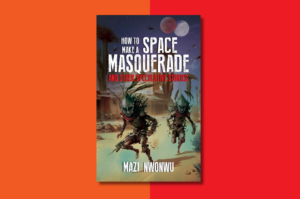
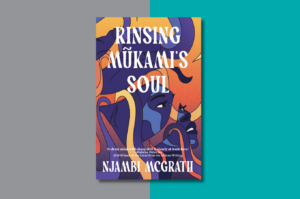
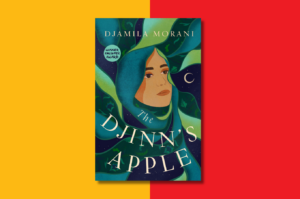
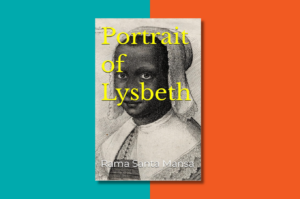
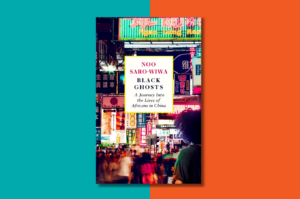

COMMENTS -
Reader Interactions